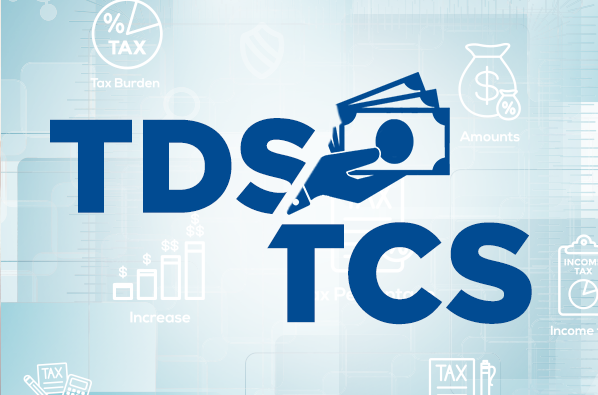All you need to know about TCS return, buyers, sellers, and tax collection

Tax Collected at Source (TCS) is a technique used by the government to collect tax at the source of a transaction. A specific percentage of tax is collected at the source from a buyer and the seller will pay it to the government. Most transactions are related to businesses in this aspect. As per Section 206C of the Income Tax Act 1961, the buyer will have to pay a certain percentage of tax based on the goods, services, and /or commodities he is buying. The seller is bound to collect this tax from the buyer.
All government and corporate collectors and deductors are liable to file TCS Return and pay the government the rightful sum as per the act. This filing can be done either physically or electronically using the online domain of the same public institution.
Classification of buyers and sellers based on TCS
As per the clauses mentioned in this act, the buyers and sellers are defined accordingly.
1. Sellers
Sellers are the goods and service providers who collect specified taxes on the transactions or purchases made by a buyer. This is the source where the seller receives the tax amount from the buyer. These entities are included as sellers and are eligible to collect tax at the source.
- Central and state government
- Statutory authority or corporation
- Local authority
- Cooperative society
- Partnership firms
- Companies registered following the clauses of the Companies Act
- Any person or entity subject to tax audit
All these entities should know the TCS return due date and follow the protocols mandated by the Income Tax Act 1961.
2. Buyers
As per the definition, a buyer is an entity that seeks goods, services, and any taxable commodity from a seller mentioned on the list above. This buyer is liable to pay the specified tax percentage on the transaction he makes. He can be anyone except the following entities:
- Public sector and private companies
- State and central government
- Consulate or representatives of the trade from a foreign country
- Social and sports clubs, etc.
There are specific rules that the tax collector at different levels has to maintain. Apart from the buyers paying taxes on the spot, these sellers will have to go by the books and deposit the tax collection amount within the TCS return due date.
Issuance of TCS certificate
A certificate is issued based on the TCS Return filed by the seller. This certificate will be the document of proof that the seller has paid the required amount of tax he has collected at the source. Form 27EQ is the document that a seller has to submit to get a certificate issued in his name. Form 27D is the technical document issued as a certificate for TCS returns.
Seeking professional help
Filing TCS return can be hectic and hassling when you are unaware of the clauses. The technicality of these clauses needs to be simplified by seeking professional assistance. Find an experienced TCS service provider to get the job done.

0 comments